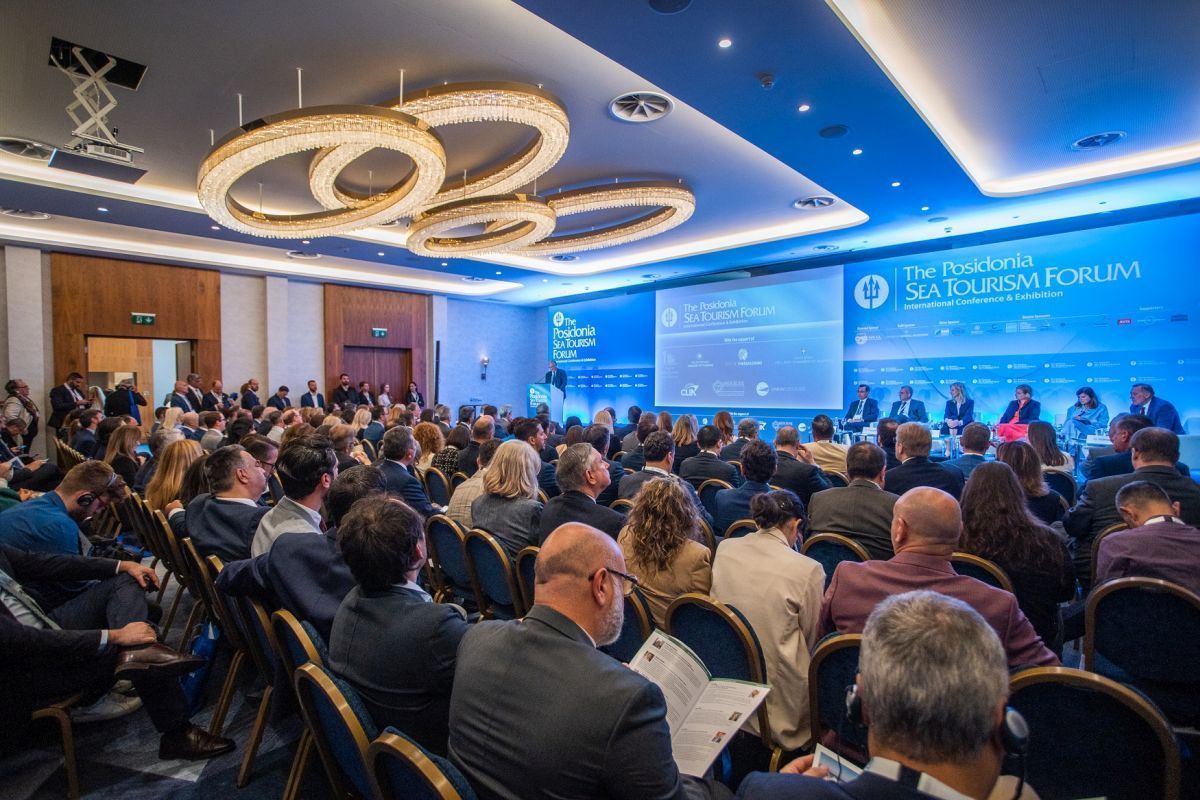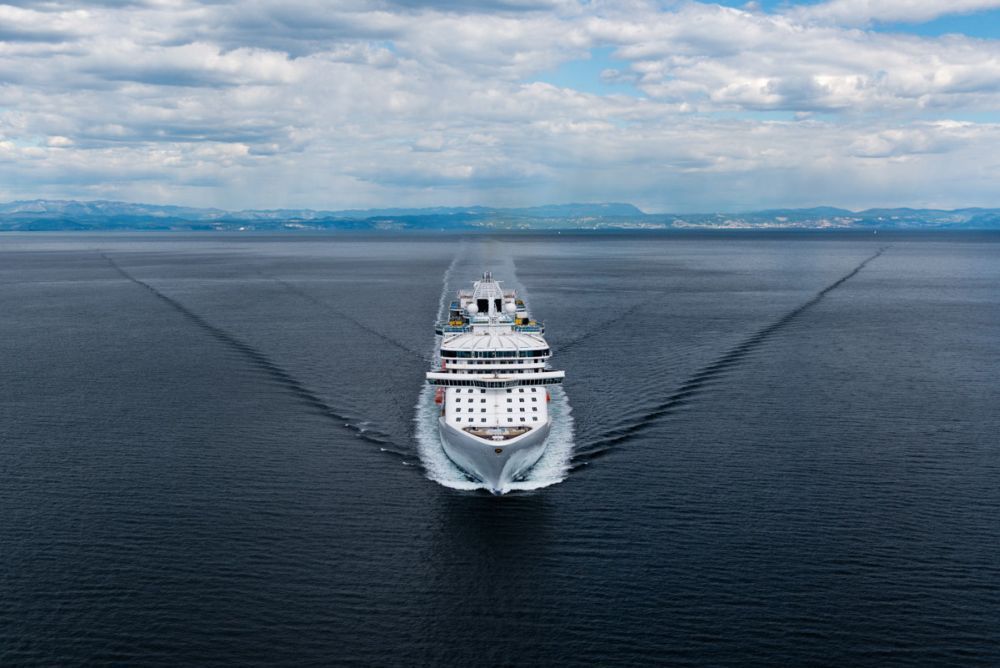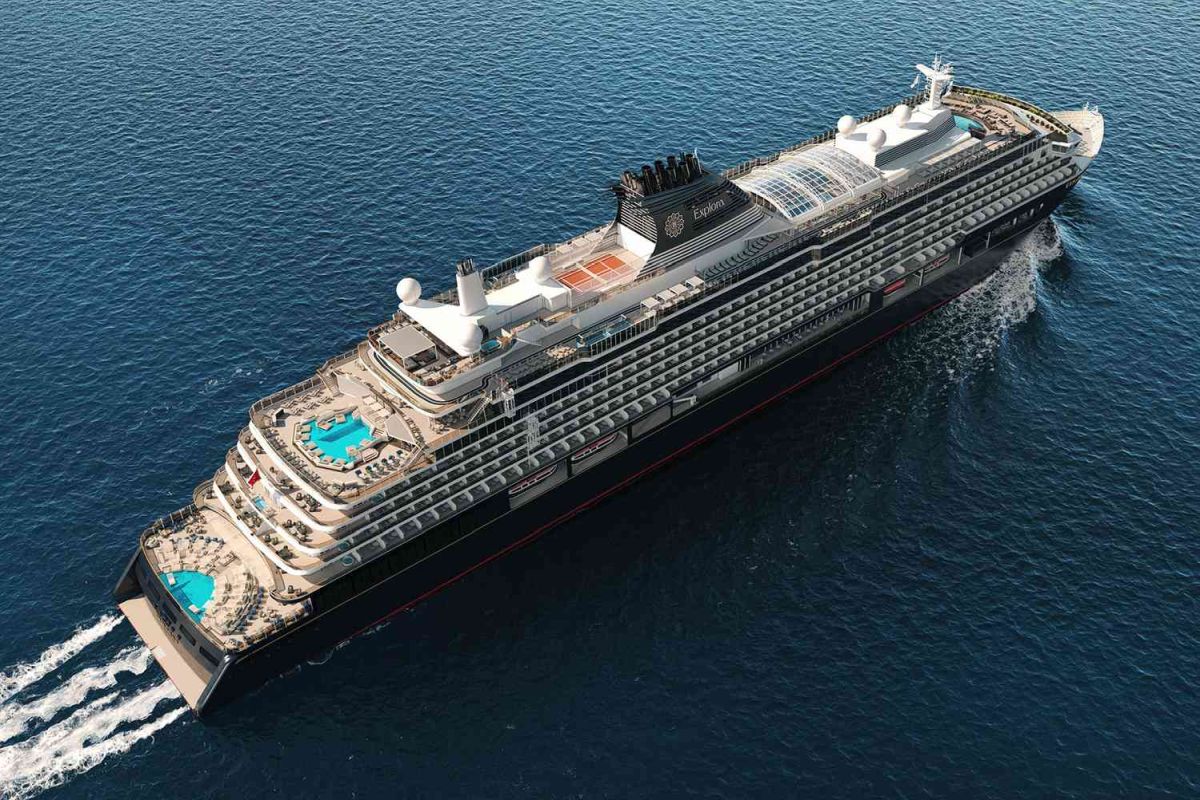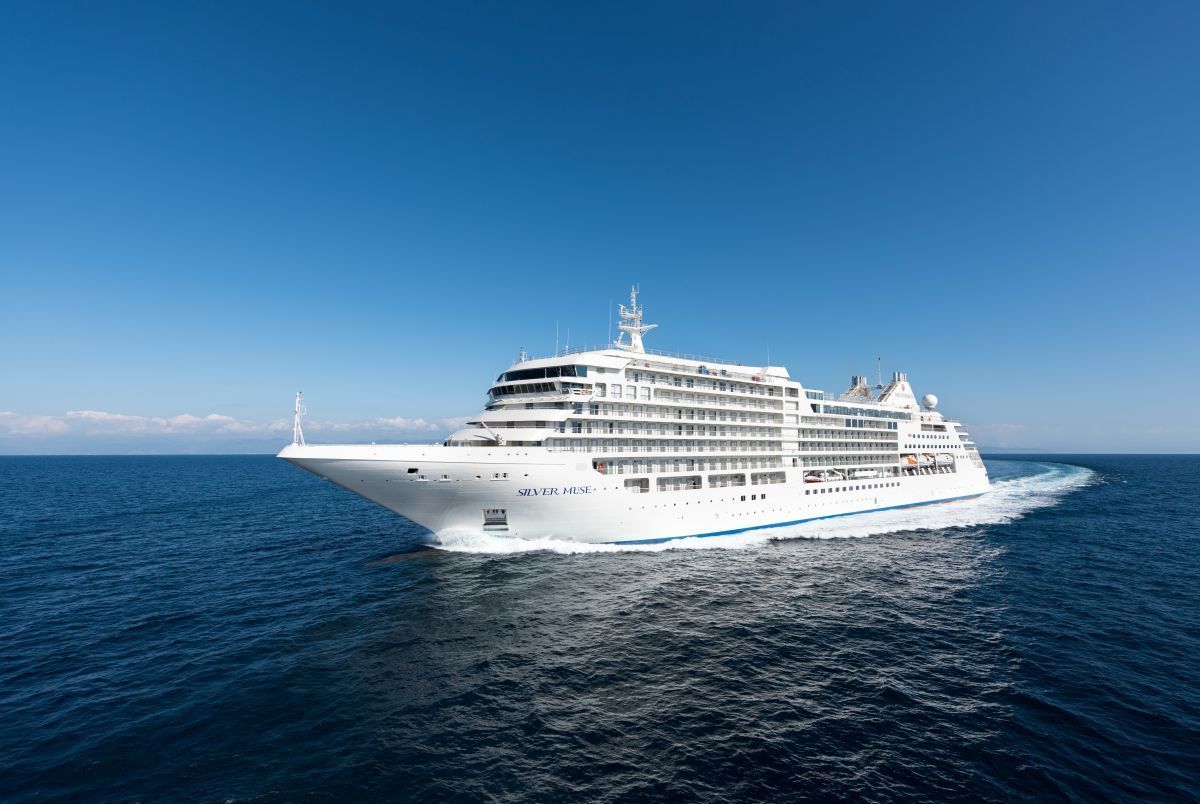Posidonia Sea Tourism Forum: Smaller Islands on the Radar of Major Luxury Cruise Companies
Smaller islands are on the radar of major luxury cruise companies as the trend for unique experiences at off-the-beaten-path destinations is increasing, according to industry professionals at the recent 7th Posidonia Sea Tourism Forum in Thessaloniki.
However, as mentioned during a panel discussion, the inclusion of more exotic locales on luxury cruise itineraries is not without its challenges.
Several industry professionals noted that infrastructure readiness at smaller destinations can be a concern, as well as quality venue availability and berthing policies.
Lack of venue availability
Michele Bosco, the manager of shore excursions of Princess Cruises for Europe stressed that not every island can fulfill all needs due to various challenges.
“Poor venue maintenance post-pandemic has led to reduced capacity at certain venues in smaller destinations, which in turn leads to higher cost for guests, meaning that some of the challenges we are facing now have their roots at Covid,” he said.
Bosco added that certain venues have also “closed down for business” and others “no longer want to collaborate with cruise companies” as the global tourism rebound means that they are receiving stronger flows of independent tourists, “reducing their reliance on groups coming from our ships”.
The lack of venue availability was a concern also shared by Agnes Brochet, the director of Destination Research, Development & Planning at Silversea Cruises.
“On small islands we will have lack of space for all our guests to secure a spot, when we are at full capacity, because we offer one free excursion at each of the destinations we are visiting, therefore demand for onshore excursion is strong, and that is one of our main land-side challenges,” she said.
Greek berthing policy remains a concern
The berthing policy in Greece is also a cause for concern for the luxury cruise brands such as MSC’s Explora brand.
According to Sacha Rougier of Explora Journeys, relooking at the berthing policy in Greece would help the cruise company solve a major challenge it faces, as in some cases it fails to secure a slot even when it has had initial confirmation.
Rougier, who is the head of itinerary planning and destination experiences, said: “This causes all sorts of issues for the company which we’d rather had avoided. Lack of transportation guides also causes problems in certain destinations”.
On the same issue, Brochet of Silversea Cruises said that research is key before deciding to add new, lesser known destinations.
“Before we zero in on a new destination we conduct comprehensive research… We then develop business cases and when they look viable, we do the scouting leveraging our team of 100 people in the destination department who are sent onsite to survey and assess the destination,” she said, adding that it is important to be able to distinguish between what is popular and what is trendy.
“Smaller group tours are becoming more popular. Tours off-the-beaten-path such as food and drink walking tours in local non touristic venues, or culinary tours where the ship chef takes guests to the local market to select the fresh produce for their dinner or cooking together with them. Meet the family of the farm is also becoming trendy when it comes down to luxury cruising products.”
Luxury cruise guests searching for the unexpected
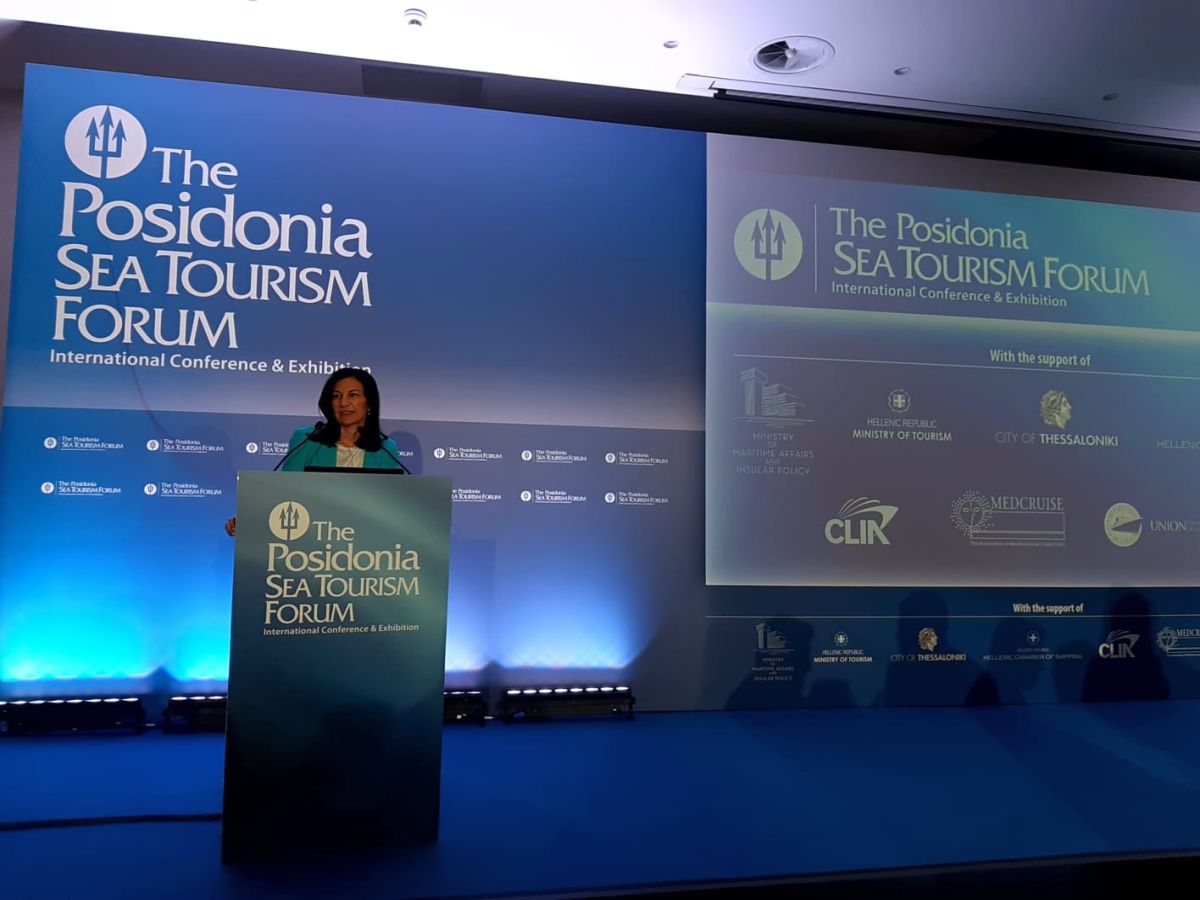
Olympia Anastasopoulou, Secretary General of Tourism Policy and Development. Photo source: Greek Tourism Ministry
According to Olympia Anastasopoulou, Greece’s Secretary General of Tourism Policy and Development, luxury cruise guests are searching for the unique and the unexpected.
“Greece possesses the characteristics to make it one of the most attractive destinations for Europe in sea tourism, ranking ninth in the world in terms of coastline length,” she said during her keynote speech on Thursday, the second and final day of the 7th Posidonia Sea Tourism Forum.
“But we also have mountains, lakes, rivers and even a desert in the Greek island of Limnos. This is why our potential to become a leading cruise destination is significant,” Anastasopoulou added.
According to the secretary general, coastal and maritime tourism can be a “powerful tool” for the development of Greece’s national economy as it currently contributes 1.5 percent of the country’s GDP.
Held by Posidonia Exhibitions S.A., the 7th Posidonia Sea Tourism Forum ran between April 25-26 and welcomed over 40 exhibitors and 60 high-profile speakers who discussed the challenges the industry is currently facing.
The forum was held in Thessaloniki, Greece’s second biggest city, for the first time since its inception.
The Greek Travel Pages (GTP) was a media sponsor for the 7th Posidonia Sea Tourism Forum.

